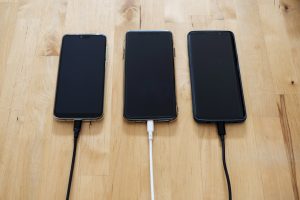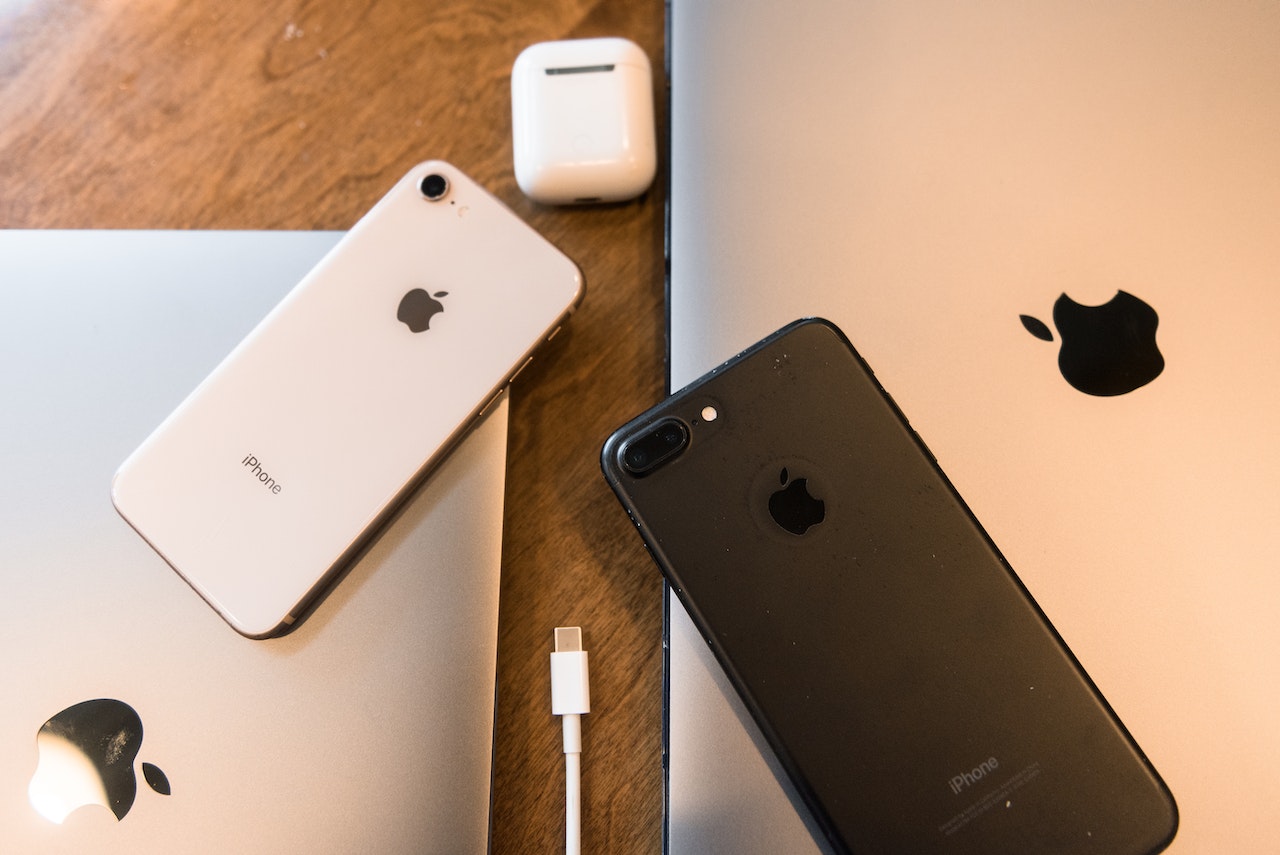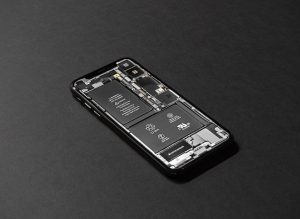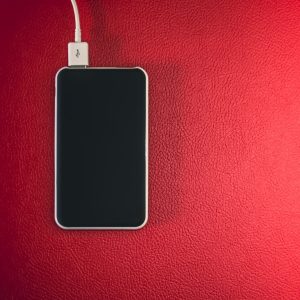Smartphones are a vital component of our daily life in today’s environment. They keep us connected to the world and help us to stay productive. However, there are certain things we need to be careful about regarding smartphones. One such thing is overcharging the battery. This article will explore What will happen if a phone battery is overcharged? And how to avoid it.
History of mobile phones battery

We have all experienced the panic of realizing that our phone battery is about to die. In such situations, we plug in our phones to charge them immediately.
However, it is essential to note that overcharging the battery can adversely affect the phone’s performance and longevity.
What will happen if a phone battery is overcharged?
When a phone battery is overcharged, the battery’s temperature increases, leading to damage to the battery’s internal components. Overcharging also causes the electrolyte inside the battery to decompose, releasing gases such as oxygen and hydrogen. That can cause the battery to swell, leak, or even explode.
The phone’s charging circuitry is designed to cut off the charging process once the battery is fully charged. However, in some cases, due to faulty charging circuitry or charger, the battery can continue to charge even after it’s complete, leading to overcharging.
How to avoid overcharging your phone battery?
To avoid overcharging your phone battery, you can follow these simple steps:
- Use the charger that comes with your phone: It’s essential to use the charger that comes with your phone or a charger that is compatible with your phone. Using an incompatible charger with your phone can cause overcharging and damage your battery.
- Please do not leave your phone charging overnight or for an extended period: It’s best to unplug your phone once the battery is fully charged. Leaving your phone charging overnight or for an extended period can cause the battery to overcharge, potentially damaging it.
- Keep your phone away from direct sunlight and heat sources: Heat can cause the battery to swell, leak, or even explode. Keeping your phone away from direct sunlight and heat sources, such as radiators or hot car interiors, is essential.
- Replace your battery if it’s old or damaged: Over time, batteries degrade and lose their capacity to hold a charge. If your battery is old or damaged, it can be more prone to overcharging and potentially damaging your phone. If your battery does not maintain its charge as effectively as once, it may be time to replace it.
- By adhering to these easy measures, you can protect the battery life of your phone from damage caused by overcharging and guarantee that it will last for as long as possible. It’s important to note that while the risks associated with overcharging are relatively rare, taking these precautions can help prevent potential damage to your phone and keep it functioning correctly.
What are the risks of overcharging your phone battery?
Overcharging your phone battery can lead to several risks, such as:
- Battery damage: Overcharging your phone battery can cause damage to its internal components, leading to a shorter lifespan. When the battery is overcharged, the temperature inside the battery increases, which can cause damage to the battery’s chemistry. Over time, this can lead to a decrease in the battery’s overall capacity and lifespan.
- Battery swelling: Overcharging can cause the battery to swell, resulting in the phone’s malfunctioning. When the battery is overcharged, the electrolyte inside the battery decomposes, leading to the release of gases such as hydrogen and oxygen. If these gases cannot escape from the battery, they can build up pressure inside it, causing it to swell.
- Battery leakage: Overcharging can cause the battery to leak, which can damage the phone and potentially harm the user. When the battery is overcharged, the pressure inside the battery can cause the seal to break, leading to a leakage of electrolytes. This electrolyte can be corrosive and can cause damage to the phone’s components or harm the user if they come into contact with it.
- Battery explosion: Overcharging can cause the battery to explode, which can result in potential harm to the user and the surrounding environment. The electrolyte decomposes when the battery is overcharged, releasing gases such as hydrogen and oxygen. If these gases cannot escape from the battery, they can build up pressure inside it, causing it to explode.
It’s important to note that while the risks associated with overcharging are significant, they are relatively rare. Most modern smartphones have built-in safety mechanisms to prevent overcharging and will stop charging once the battery is full. However, it’s still important to be mindful of how you charge your phone and to take the necessary precautions to avoid overcharging.
Conclusion
In conclusion, overcharging your phone battery can adversely affect the phone’s performance and longevity. It is essential to follow the above steps to avoid overcharging your phone battery. If you notice any signs of overcharging, such as swelling or leakage, it is best to stop using the phone and seek professional help. Taking the necessary precautions can ensure your phone battery’s longevity and avoid any potential overcharging risks.
Here are more troubleshooting details related to your all tech devices.







